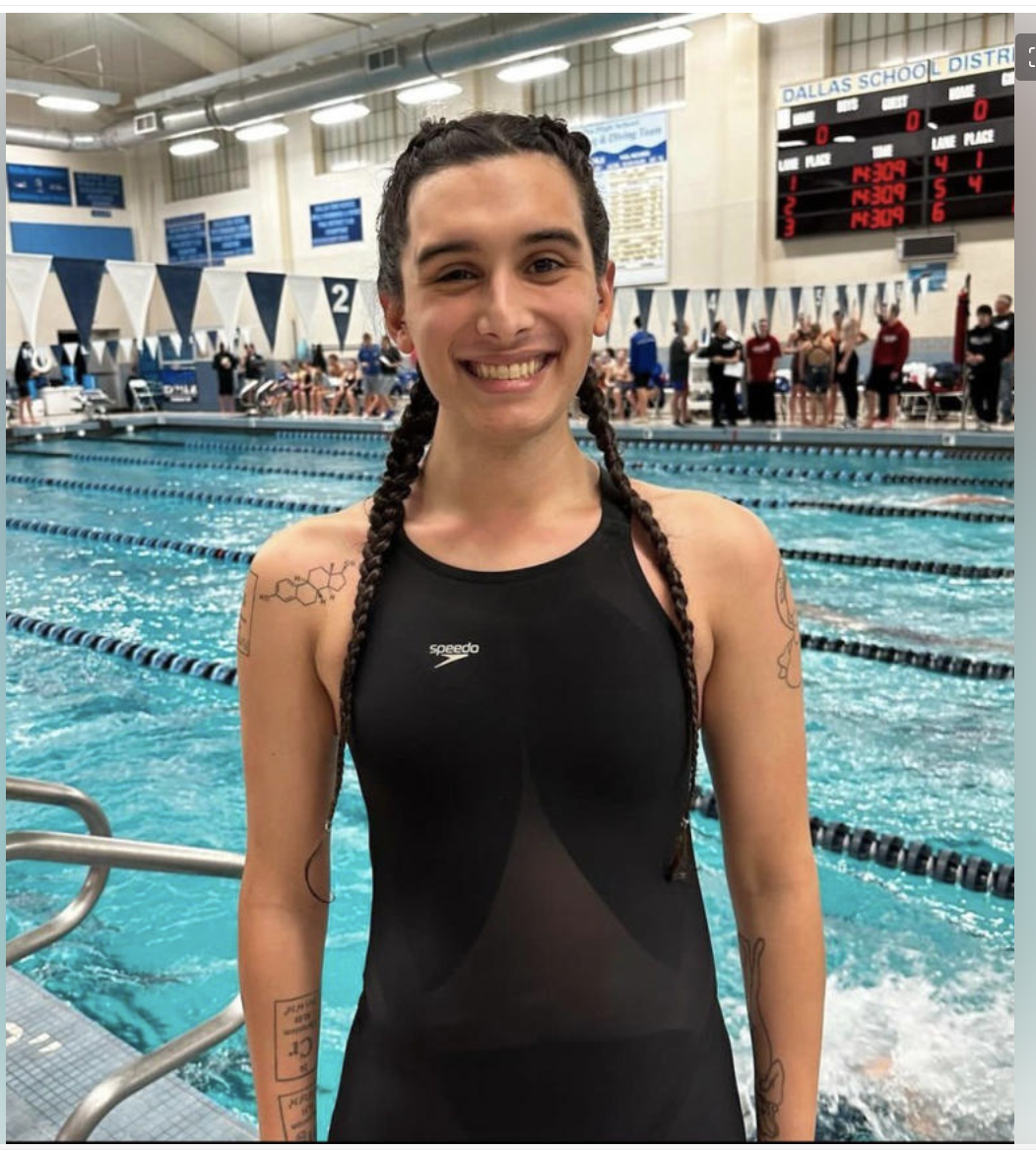Not your grandmother's competitor
/Former NCAA swimmer Riley Gaines says Title IX “literally means nothing” after a trans New Jersey swimmer who competed on the men’s team for three years smashed a collegiate record for the second time in three months.
Gaines, a vocal critic of trans athletes in schools, blasted the latest victory of Meghan Cortez-Fields, a senior at Ramapo College of New Jersey who on Friday finished the 200-meter individual medley with a time of 2:08:20 — shattering the previous records in the NJ Athletic Conference.
“Male swimmer from Ramapo College sets another school record in women’s event. Now tell me again the strides women have made when society applauds a man for pushing us off our own podium,” Gaines wrote on X following Cortez-Fields’ win.
Left-wing racialism has become the lexicon of the Ivy League, so it is only natural that its feeder schools have adopted it as well—partly out of idealism, partly out of cynicism.
The most prestigious of these is Phillips Exeter Academy. The school has graduated senators, diplomats, generals, and titans of industry. In the past, this meant assimilating the manners and mores of America’s elite Protestant culture. Today, it means drilling students in ideological concepts such as “white privilege,” “white fragility,” and “queer theory.” The Exeter man is prepared to rule or, at a minimum, to conform to the culture of those who do.
I have spoken with a recent graduate and obtained documents that show the shocking extent to which Exeter has assimilated fashionable left-wing ideologies of race and gender, which stand in stark contrast with the founding mission of the school and the common conception among many of its alumni. (Phillips Exeter Academy did not respond to a request for comment.)
The story begins with the 2020 death of George Floyd. Following the lead of Ivy League presidents, Exeter principal Bill Rawson published an open letter promising to “combat the pernicious legacy of systemic racism that Black people and other people of color face each and every day.” To do this, Rawson continued, “will require a willingness, particularly on the part of the white members of our community, to be actively and effectively anti-racist.”
“Black lives matter,” Rawson pleaded. “Black voices matter.”
Since then, Exeter officials have established large-scale DEI initiatives designed to overhaul administrative and academic life in accordance with BLM-style ideology. Individuals are subordinated into racial groups, such as “BIPOC” and “LatinX,” and administrators work on “building anti-racism practices in academics, dormitory life, extracurricular activities, assessment and discipline, and college counseling.” Policies include an informal affirmative-action program for “Faculty of Color” and formalized training in “anti-racism.”
Meantime, the coursework has degraded serious subjects into pure ideology. English has become an “exploration of racial identity”; history focuses on “transgender identities”; economics examines “racialized and gendered” forms of “income inequality.” There are courses with titles such as “Mathematics of Social Justice,” “LGBTQ+ History,” and “The Intersection of Science, Health and Race in America.” A course on Shakespeare examines the Bard’s work through the lens of “race, gender, [and] sexuality,” and promises a “queer reading of Twelfth Night.”
Victimology has become the language of America’s elite, and so, by inheritance, it has become the language of Phillips Exeter.
Not everyone is thrilled with this turn of events. Justin Rigg, son of Exeter graduate and noted Holocaust historian Bryan Rigg, graduated from Exeter last year and describes the school’s culture as monolithically left-wing. The faculty pushes the ideological line that “America is a fundamentally racist country” and that “oppression can only stem from identity.” Consequently, white students are treated as oppressors and minority students as oppressed, regardless of their background.
“It’s comical,” says Rigg. One minority student, the child of a billionaire, presents herself as oppressed, while a white scholarship student, who has experienced genuine hardship, is considered an oppressor. “The only oppression they accept is racialized or identity-based oppression,” says Rigg. “All other forms of oppression are moot, null, and void.”
On gender, students are expected to conform to the dictates of queer theory, state their pronouns at the beginning of each semester, and address their fellow students and faculty with neologisms such as “they/them” and “ze/zim/zir.” They face immense pressure to participate in the social rituals of gender. Rigg estimates that approximately 40 percent of female students in his class identified as “queer,” “trans,” or “nonbinary.” The reason is not, he believes, because so many genuinely believed themselves to be transgender but that they were “pressured to conform to this ideology simply because [they] don’t want to be socially ostracized.”
The ideology is upheld through formal and informal controls. The Office of Multicultural Affairs serves as an ideological enforcer, and students are encouraged to report one another for violations of race and gender orthodoxy. Students, too, serve as informal enforcers. “Whenever students see someone or something they view as antithetical to their ideology, they are very quick to protest, coordinate, organize,” Rigg explains. They drum up anonymous social media campaigns against transgressors or, if that fails, report them through official channels.



